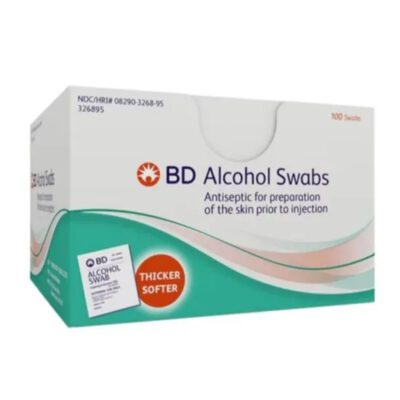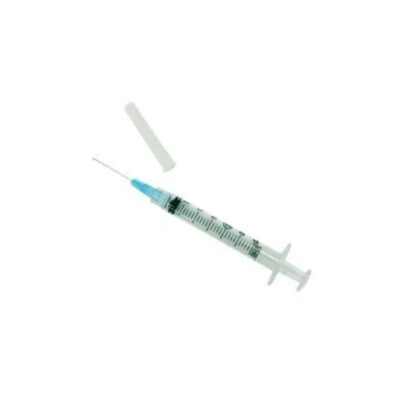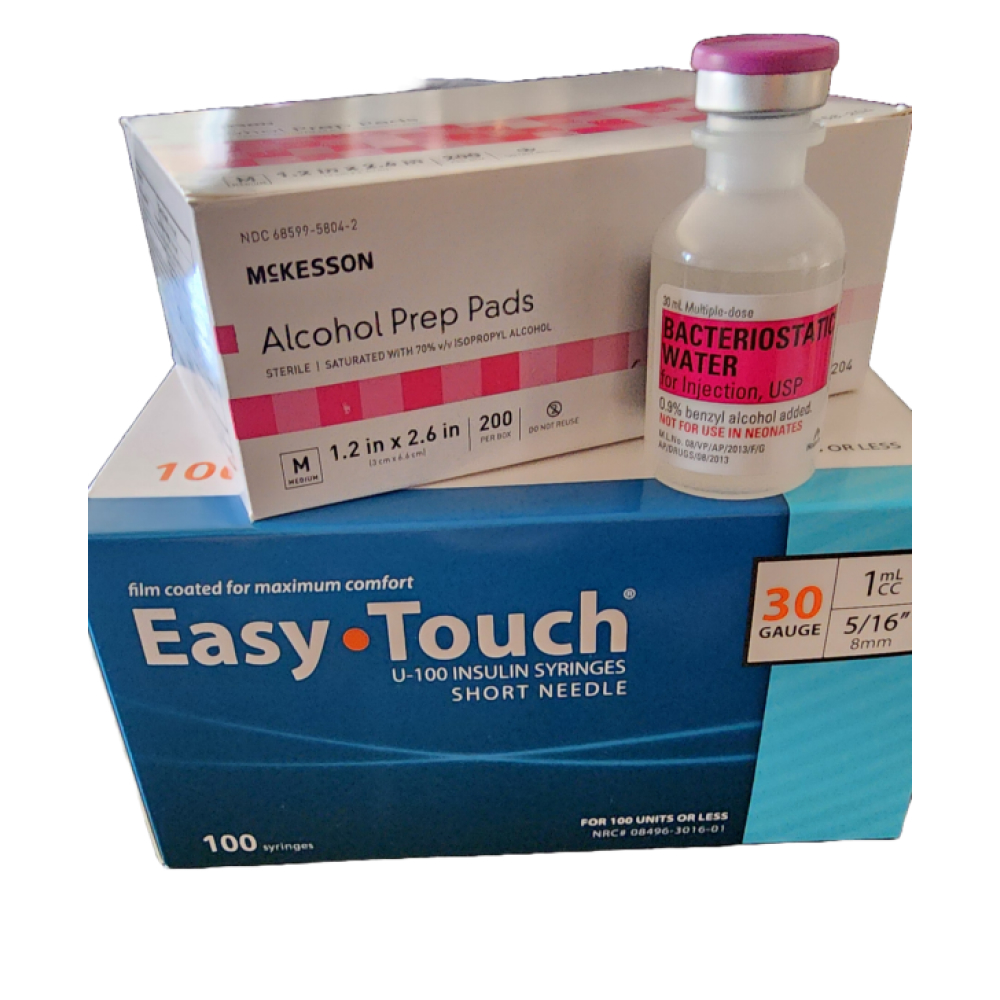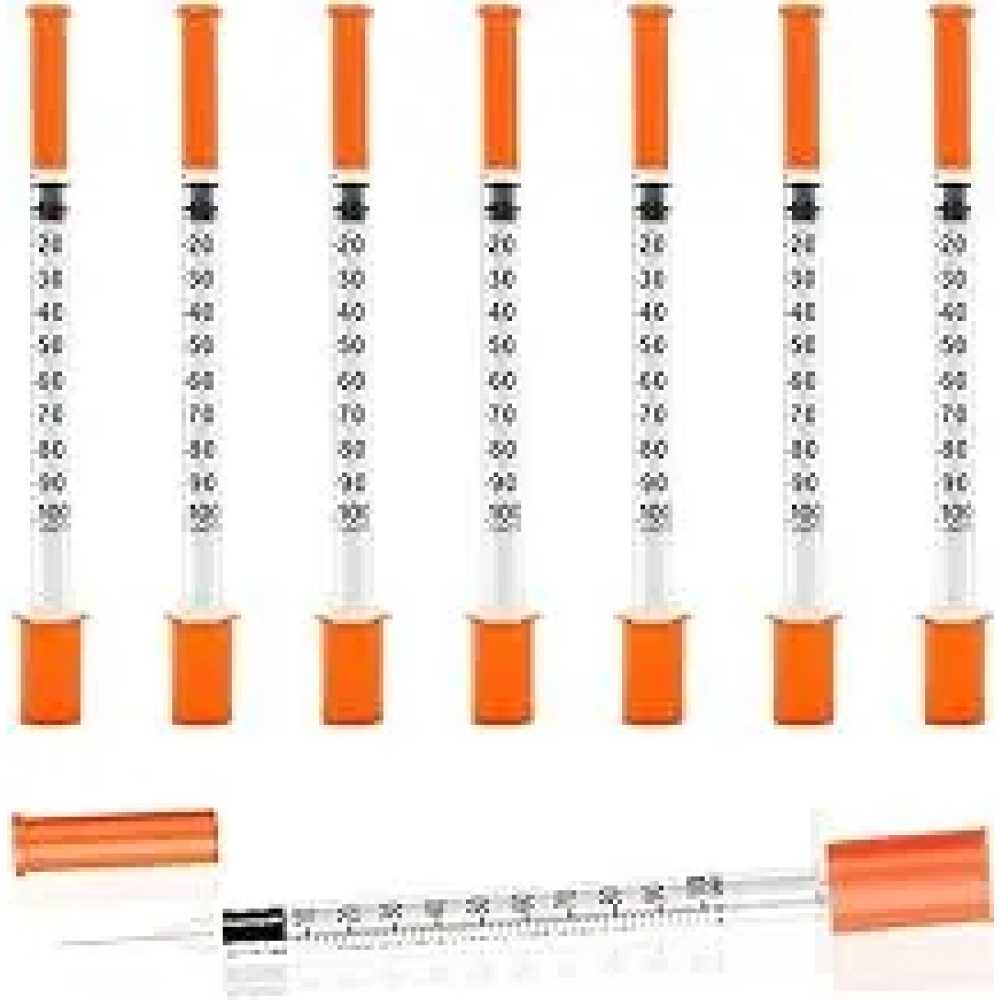Semaglutide
SKU : SEMA2.5-5-10-15MG
$65.00 – $90.00
Recent studies have shown that Semaglutide significantly decreases appetite by delaying gastric emptying and reducing intestinal motility.
| Quantity | Range | Discount |
|---|---|---|
| From 6 to 9 | 6 - 9 | 5% $61.75 |
| From 10 to + | 10 + | 10% $58.50 |
- Pickup: Available today at store
- 1 Year Local Official Distributor Warranty
Description
Semaglutide is a peptide that functions as a glucagon-like peptide-1 (GLP-1) analog. Its primary mechanism of action involves mimicking the actions of human incretin, a group of metabolic hormones. Semaglutide stands out from other GLP-1 agonists due to its resistance to degradation by the dipeptidyl peptidase-IV enzyme. This characteristic enhances its effectiveness in stimulating insulin secretion and reducing glucagon levels in a glucose-dependent manner, thereby effectively lowering both fasting and postprandial blood glucose levels.
This compound has gained notable attention through several key studies, exploring its impact on weight management, glycemic control, cardiovascular health, and even neuroprotection. Semaglutide has also been known by brand names such as Ozempic, Rybelsus, and Wegovy, and it carries an identifier code of A10BJ06.
One of the unique aspects of Semaglutide is its dual FDA approval for both oral and injectable use, making it a versatile option in treating type 2 diabetes (T2D) and chronic weight management in overweight or obese patients. Its efficacy stems from the fact that it is 94% homologous to the naturally occurring GLP-1, an incretin hormone released in the gastrointestinal tract after food intake. This similarity allows Semaglutide to maintain the physiological functions of GLP-1 while offering increased stability and a longer duration of action, which enhances its therapeutic potential.
In terms of safety, Semaglutide has a favorable profile but does carry risks, including gastrointestinal upset, a potential link to thyroid C-cell tumors in rodent studies, contraindication in Multiple Endocrine Neoplasia syndrome type 2, and risks of acute and chronic pancreatitis. Its FDA approval is currently limited to treatment for T2D and overweight or obese subjects.
Semaglutide’s role in managing blood sugar and insulin levels and promoting weight loss is significant. It aids in lowering blood sugar levels by boosting insulin secretion and suppressing glucagon, thereby improving glycemic control. Additionally, its appetite-suppressing properties, likely due to hypothalamic stimulation and slowed gastric emptying, have proven effective in long-term weight management.
The therapeutic benefits of Semaglutide are vast and well-documented, particularly in treating type 2 diabetes and reducing cardiovascular risk. Furthermore, its effectiveness as a weight management tool in both diabetic and non-diabetic populations has been established through comprehensive clinical trials.
Emerging studies are revealing potential additional benefits of Semaglutide, such as in treating nonalcoholic steatohepatitis (NASH), kidney benefits in T2D patients, and possible neuroprotective effects in Parkinson’s disease. The ongoing research and clinical developments promise to expand the understanding and application of this promising peptide. Peptide products will be delivered as lyophilized powder and will need to be reconstituted. This should be considered when placing your order and before checkout. Consider adding sufficient supply of Sterile Swabs, Syringes and BAC water before checkout.
Certificate of Analysis (COA)
Additional information
| Milligrams | 2.5 MG, 5 MG, 10 MG, 15 MG, 20 MG |
|---|














